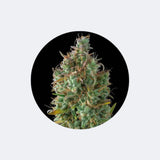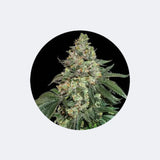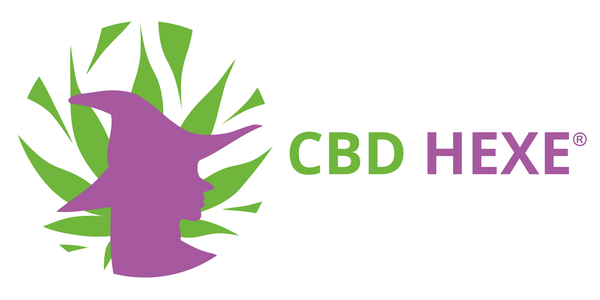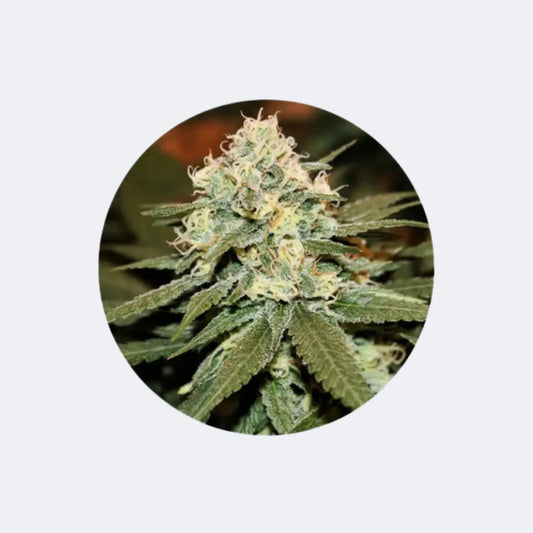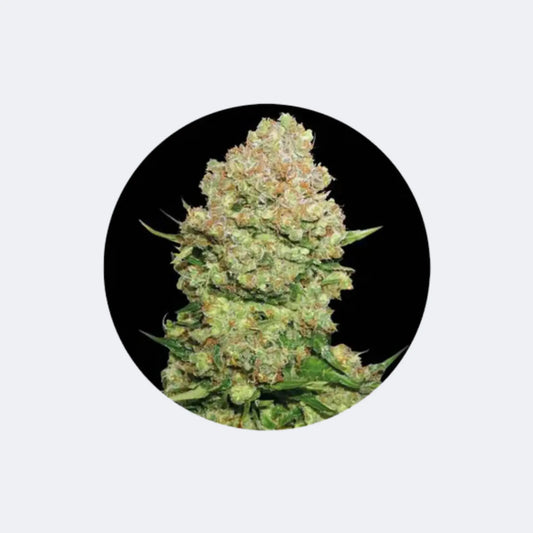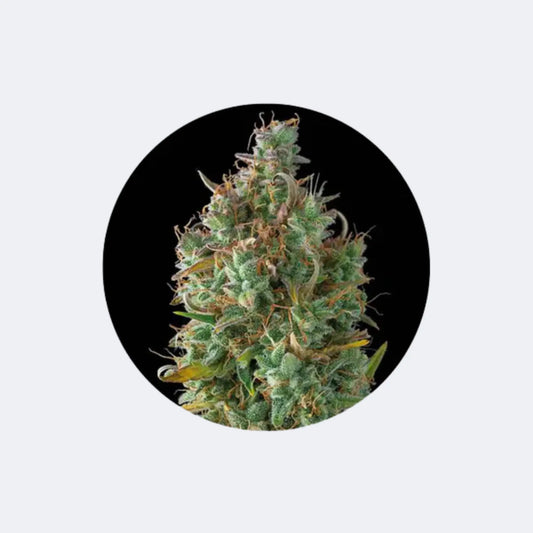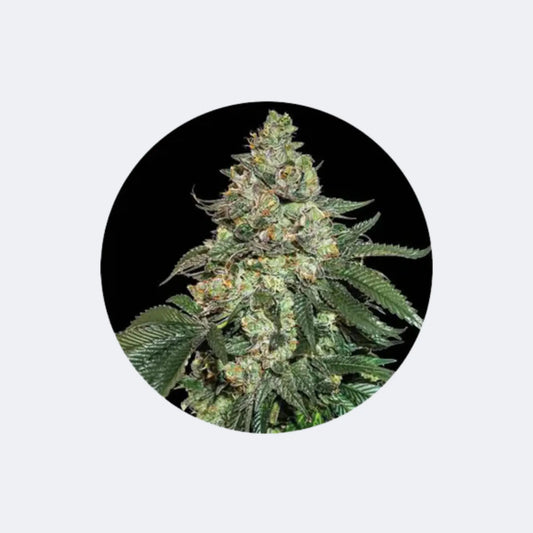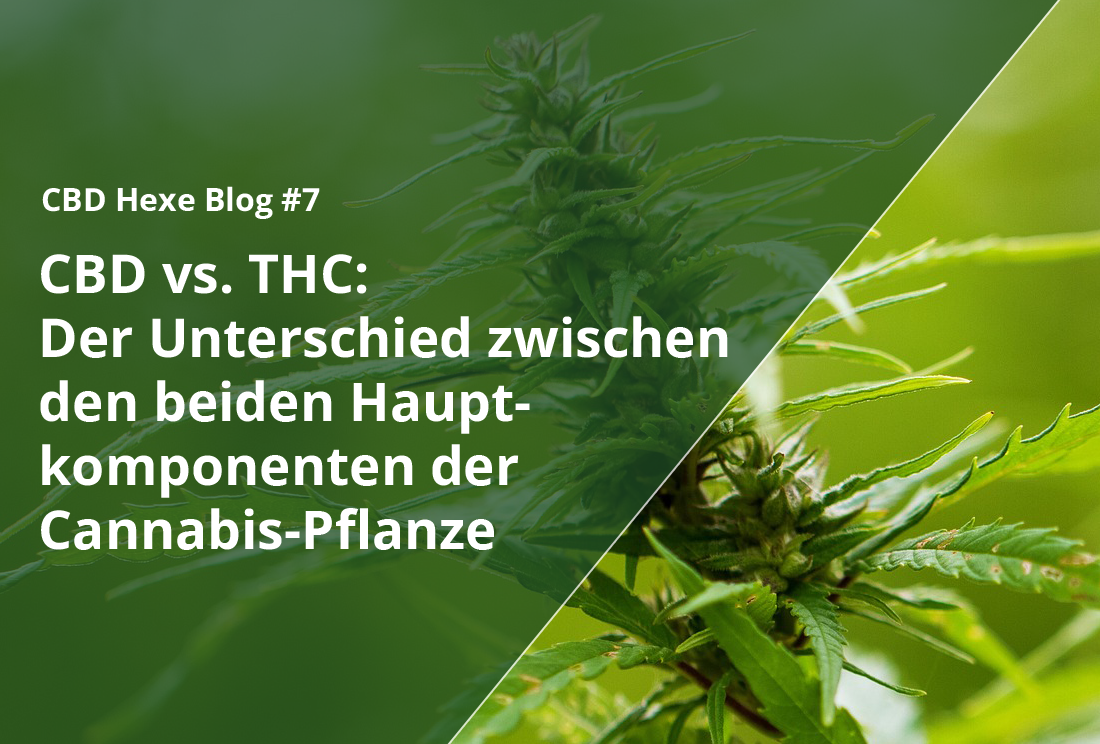
CBD vs. THC: The difference between the two main components of the cannabis plant
Andreas LeschkeShare blog post
"CBD and THC: Differences, Effects and Frequently Asked Questions"
Description:
"Dive into the world of cannabinoids and discover the difference between CBD and THC. Learn how they interact, what effects they have on the psyche, and answer the most frequently asked questions about these fascinating components of the cannabis plant."
Outline:
Introduction
- The fascination of cannabinoids
- Why CBD and THC are the focus
- Aim of this article
H2: What is the difference between THC and CBD?
- Chemical structures and origin
- Psychoactive vs. non-psychoactive effects
- Main applications and areas of use
Is THC or CBD better?
- Medical benefits of THC
- Health benefits of CBD
- Selection criteria based on individual needs
How do CBD and THC work together?
- The entourage effect phenomenon
- Mutual influence of effects
- Practical application examples
Does CBD make you THC positive?
- CBD and drug tests
- Possible traces of THC in CBD products
- What consumers should pay attention to
Is CBD a narcotic?
- Legal status of CBD
- Misunderstandings and clarifications
- Comparison with other substances
How does CBD affect the psyche?
- CBD and the endocannabinoid system
- Mood, stress and anxiety
- Long-term effects and research results
Conclusion
- Summary of findings
- The future of CBD and THC
- Suggestions for further research
Introduction
You've probably heard of CBD and THC, right? These two terms have been flying around everywhere lately, especially when it comes to natural medicine and alternative health. But what's really behind these mysterious abbreviations, and why are they so significant? In this blog post, I, your CBD and THC expert, want to shed some light on the subject and introduce you to the exciting facts and differences between CBD and THC. Whether you're already an expert or just delving into the world of these cannabinoids, you'll find valuable insights and answers to your most burning questions here. So, let's delve into this fascinating topic together!
What is the difference between THC and CBD?
Chemical structures and origin
THC (tetrahydrocannabinol) and CBD (cannabidiol) are both naturally occurring compounds in the cannabis plant. They belong to a group of substances known as cannabinoids. Despite their common origin, they differ in their chemical structure:
- THC (tetrahydrocannabinol): This molecule has a specific structure that allows it to bind directly to the CB1 receptors in the human brain, producing the well-known psychoactive effect.
- CBD (Cannabidiol): Although chemically similar to THC, CBD has a slightly different structure that makes it less affine to CB1 receptors and therefore has no intoxicating effect.
Psychoactive vs. non-psychoactive effects
The main difference that most people notice between THC and CBD is their effect on the psyche:
- THC: As mentioned previously, THC is the molecule responsible for the "high" feeling experienced after consuming cannabis. It can induce feelings of euphoria, relaxation, and altered sensory perceptions.
- CBD: In contrast, CBD has no psychoactive effects. Rather than producing a "high," it offers calming and relaxing benefits. Many users report a reduction in anxiety and stress after taking CBD.
Main applications and areas of use
Both THC and CBD have a variety of uses, but their effects make them suitable for different purposes:
- THC:
- Pain relief
- Appetite stimulation (e.g. in chemotherapy patients)
- Relaxation and stress relief
- CBD:
- Pain relief, especially for chronic pain
- Anti-inflammatory
- Reduction of anxiety and depression
It is worth noting that although they have different effects, THC and CBD often work synergistically, meaning that when used in combination they can sometimes produce better results than when used alone.
Does CBD make you THC positive?
CBD and drug tests
Drug tests, especially those used in workplace or sports contexts, primarily look for THC—the psychoactive cannabinoid in cannabis. In theory, taking CBD products shouldn't result in a positive THC test. However, there are a few nuances you should be aware of:
- Most standard tests are focused on THC and not CBD.
- High-quality CBD oil or other CBD products should contain less than 0.2% THC (in the EU), which is usually not enough to cause a positive drug test.
- However, there is always a small risk of cross-contamination during the production process.
Possible traces of THC in CBD products
It is important to understand that although CBD products are usually labeled as THC-free, this does not mean that they are completely free of THC:
- Many CBD products contain traces of THC, even when advertised as "pure CBD" or "THC-free." This is because many CBD products are made from full-spectrum cannabis extracts, which may contain other cannabinoids, including THC, in addition to CBD.
- Even with CBD isolates, which in theory should contain 100% CBD, there is always the potential for small amounts of THC due to impurities or errors in the production process.
What consumers should pay attention to
If you consume CBD products and are concerned about potential drug tests, there are a few things to keep in mind:
- Product quality: Always buy from trusted sources. Look for lab tests that confirm the product's exact cannabinoid content.
- Dosage: Even if a product contains only trace amounts of THC, regular or high consumption of these products could theoretically lead to a positive test result.
- Get informed: If you work in a profession where drug testing is common, learn about the specific testing procedures and limits.
In summary, although the risk is low, it's not impossible to test positive for THC after consuming CBD products. It's always advisable to be cautious and stay well-informed.
Is CBD a narcotic?
Legal status of CBD
First of all, it's important to understand that the legal status of CBD varies from country to country. In many countries, including Germany, CBD is legal as long as it is derived from hemp and the THC content is below a certain limit (usually 0.2% in the EU). CBD is not classified as an intoxicant because it doesn't produce the psychoactive effects of THC. Therefore, it is also approved for medical and therapeutic purposes in many countries.
Misunderstandings and clarifications
Due to CBD's close connection to cannabis, there are many misconceptions surrounding this topic. Here are some points for clarification:
- CBD is non-psychoactive and does not cause a “high” feeling.
- While THC directly stimulates the CB1 receptor in the brain, creating a feeling of euphoria, CBD interacts with the endocannabinoid system in a different way and has more calming and balancing effects.
- CBD can even weaken the psychoactive effects of THC.
Comparison with other substances
To better understand CBD, it is helpful to compare it with other commonly known substances:
- Alcohol: An intoxicant that can cloud the mind and affect behavior.
- Caffeine: A stimulant substance found in coffee and other beverages that promotes alertness.
- THC: The psychoactive cannabinoid in cannabis that produces a “high” feeling.
- CBD: A cannabinoid that has relaxing, calming effects but is not intoxicating.
Compared to these substances, CBD has a unique profile. It offers potential health benefits without affecting cognitive function or behavior in the way that other intoxicants do. It is a fascinating molecule with a wide range of applications and deserves to be viewed outside the shadow of misconceptions and prejudices.
How does CBD affect the psyche?
CBD and the endocannabinoid system
CBD, or cannabidiol, primarily interacts with our endocannabinoid system (ECS). This system is responsible for maintaining balance in many physiological processes in our body. It consists of endocannabinoids, receptors, and enzymes. While THC primarily binds to the CB1 receptors in the brain, thus causing its psychoactive effects, CBD has a lower affinity for these receptors. Instead, it influences the ECS in other ways, for example, by altering the reuptake of the body's own cannabinoids or even activating some receptors that have nothing to do with the ECS.
Mood, stress and anxiety
Many people use CBD to improve their mood, reduce stress, and ease anxiety. Here are some reasons why CBD may help with these conditions:
- Mood regulation: CBD can influence serotonin receptors in the brain, which in turn can help lift mood and alleviate depressive states.
- Reducing stress: Through its effect on the ECS, CBD can help regulate the stress hormone cortisol in the body.
- Anxiety relief: There is evidence that CBD may be useful in treating anxiety disorders, including social anxiety and PTSD.
Long-term effects and research results
Research into CBD is still in its infancy compared to other substances. Nevertheless, there are already some promising findings:
- Long-term studies are necessary to understand the full effects of CBD on the psyche.
- Previous research suggests that CBD has a good safety profile and is well tolerated.
- However, there have also been reports of side effects, especially at higher doses. These may include dry mouth, drowsiness, and changes in appetite.
It's important to stay informed and keep an eye on the latest research. Anyone considering consuming CBD should do their research and, if possible, discuss it with a doctor or therapist.
Conclusion
Summary of findings
After our deep dive into the world of CBD and THC, it becomes clear that both cannabinoids have unique properties and effects. While THC is primarily known for its psychoactive effects, CBD offers a host of potential health benefits without the "high." It's remarkable how these two components of the same plant can have such different profiles. This speaks to the complexity of the cannabis plant and its potential for medicinal and therapeutic applications.
The future of CBD and THC
It's difficult to predict where CBD and THC will go in the future, but the trend suggests that acceptance and popularity will continue to grow. More and more countries are relaxing their cannabis laws, paving the way for further research and clinical trials. Over time, we'll likely gain even more precise information about the effects and benefits of these cannabinoids. We may also see a wider range of products and applications tailored specifically to individual needs in the future.
Suggestions for further research
If you want to delve deeper into this fascinating topic, there are many ways to do so:
- Read scientific studies and articles. There are numerous publications that explore the various aspects of CBD and THC.
- Attend cannabis-related webinars and conferences. Learn firsthand from experts and network with like-minded individuals.
- Experiment responsibly with CBD products to find out which ones work best for you. Remember to always start with a low dose and work your way up slowly.
Regardless of which path you choose, it's important to remain critical and question sources. Knowledge about CBD and THC is constantly evolving, and it's up to us to stay up to date and make informed decisions.
